School of Environment & Tourism Management
Welcome to the School of Environment & Tourism Management, where we nurture a passion for environmental stewardship and responsible tourism, preparing the next generation of leaders in these vital fields

BA Hospitality Management
The BA in Hospitality Management program is a gateway to a dynamic career in the ever-evolving hospitality industry. With a focus on guest experience, sustainable practices, and operational excellence, this program equips students with the knowledge and skills to lead and innovate in the world of hotels, resorts, restaurants, and event management. From honing leadership abilities to understanding international hospitality trends, graduates emerge as professionals ready to excel in this global field, where exceptional service and customer satisfaction are paramount.
Duration: 4 Years

BA Travel & Tourism Management
The BA in Travel & Tourism Management program is a passport to a vibrant career in the travel industry. Students delve into the world of destination management, cultural understanding, and sustainable tourism practices. With a focus on creating memorable travel experiences and navigating the intricacies of the global tourism landscape, graduates emerge as experts ready to shape the future of travel, hospitality, and tourism, catering to the needs and desires of modern travelers and fostering exploration in a responsible and enriching way.
Duration: 4 Years
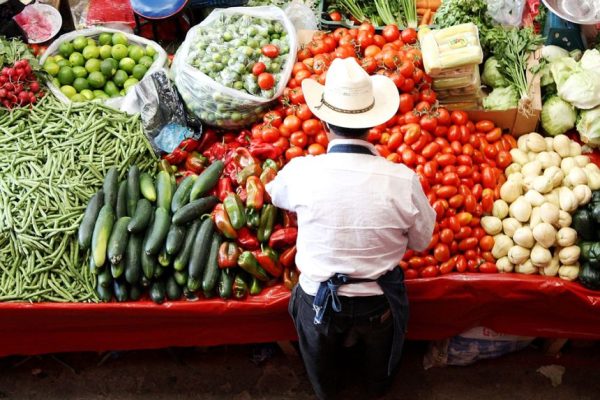
BSc Food & Nutrition
The BSc in Food & Nutrition program is a journey into the science and art of nourishment. From understanding the complexities of human dietary needs to exploring the culinary arts, this program equips students with the knowledge and skills to promote health and well-being through food. Graduates emerge as experts in nutrition, food safety, and dietary planning, ready to impact the health and quality of life of individuals and communities through their understanding of the profound connection between food and human wellness.
Duration: 4 Years
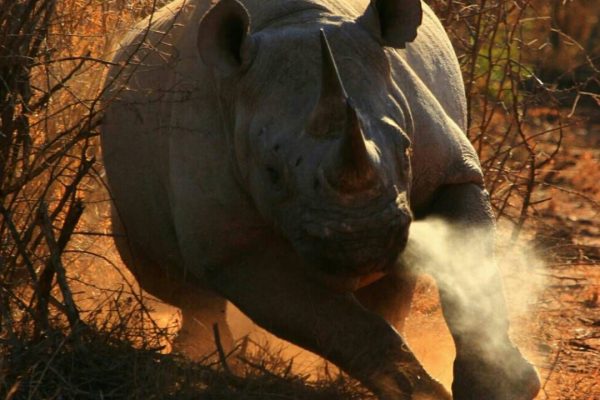
BSc Wildlife & Natural ResourcesManagement
The BSc in Wildlife & Natural Resources Management program is an expedition into the preservation and sustainable utilization of our planet’s biodiversity. Students explore ecosystems, conservation strategies, and resource management, equipping them with the knowledge and skills to address the complex challenges facing wildlife and natural resources. Graduates emerge as stewards of the environment, ready to contribute to the protection and sustainable management of our natural world, ensuring its survival and flourishing for generations to come
.Duraction: 4 years
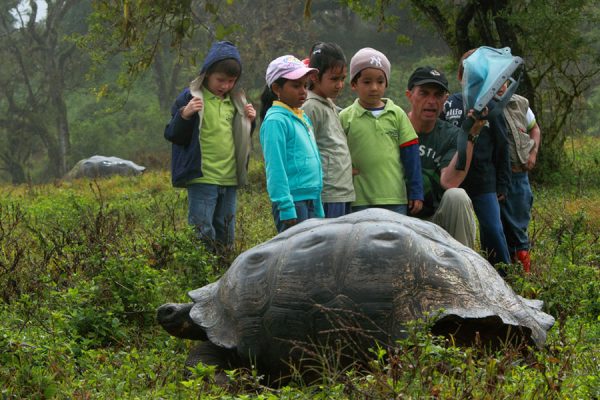
BA Eco Tourism Management
The BA in Eco-Tourism Management program is a gateway to a career that harmonizes nature and adventure. Students delve into the delicate balance of ecological conservation and tourism, exploring sustainable practices, cultural understanding, and responsible adventure. Graduates emerge as eco-tourism experts, ready to design, manage, and promote travel experiences that celebrate nature, support local communities, and protect the planet’s most precious environments, fostering a deeper connection between people and the natural world.
Duration: 4 Years
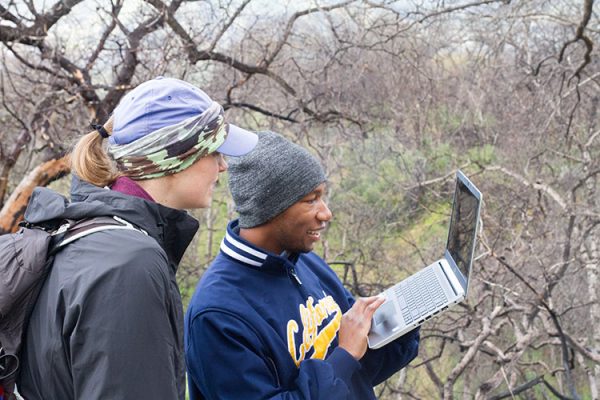
BSc environmental Management & Protection
The BSc in Environmental Management & Protection program is a commitment to safeguarding our planet. Students explore environmental systems, conservation strategies, and sustainability practices, equipping them with the knowledge and skills to address the world’s most pressing ecological challenges. Graduates emerge as guardians of the environment, ready to design and implement strategies for a more sustainable and resilient future, where humanity and nature coexist harmoniously.
Duration: 4 Years
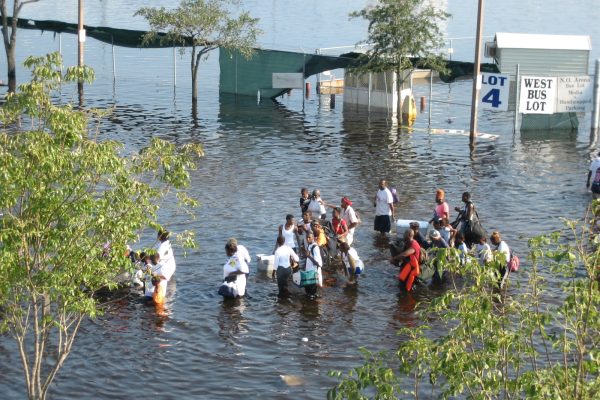
BSc Environmental & Climate Change
The BSc in Environmental & Climate Change program is a dedication to understanding and mitigating the impacts of climate change on our planet. Students delve into climate science, environmental policy, and sustainable practices, equipping them with the knowledge and skills to address one of the greatest challenges of our time. Graduates emerge as advocates for a sustainable future, prepared to contribute to solutions that combat climate change, protect ecosystems, and ensure the well-being of current and future generations.
Duration: 4 Years
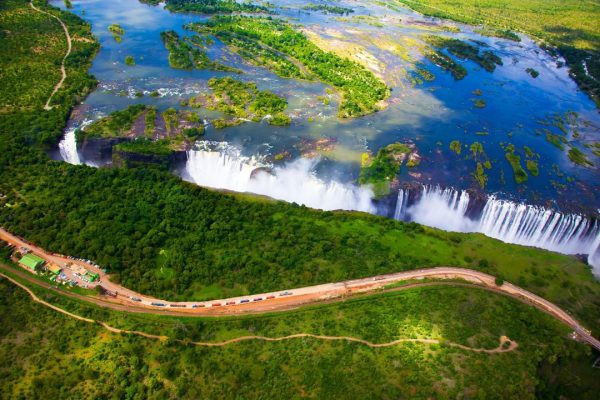
BSc Environmental Science
The BSc in Environmental Science program is an exploration of our planet’s intricate ecosystems and the challenges they face. Students delve into environmental processes, sustainability, and conservation, equipping them with the knowledge and skills to address complex environmental issues. Graduates emerge as environmental scientists, ready to analyze, protect, and restore the Earth’s ecosystems, making meaningful contributions to a more sustainable and resilient world.
Duration: 4 Year
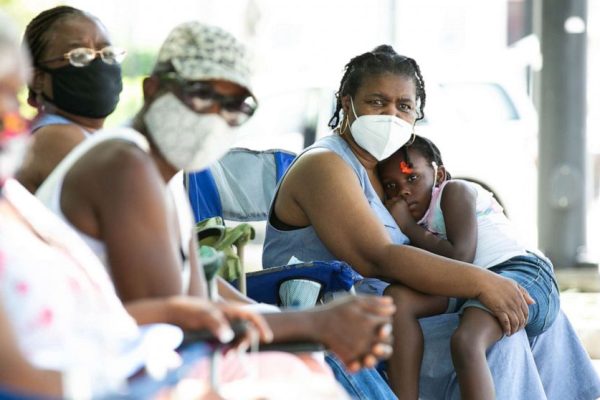
BSc Public Health & Safety
The BSc in Public Health & Safety program is a commitment to safeguarding communities and promoting well-being. Students explore public health principles, safety regulations, and emergency response strategies, equipping them with the knowledge and skills to protect and improve the health and safety of populations. Graduates emerge as dedicated professionals, ready to address public health challenges, prevent hazards, and ensure the safety and well-being of communities in a dynamic and ever-changing world.
Duration: 4 Years

bSc Occupational Health & Safety Management
The BSc in Occupational Health & Safety Management program is a pathway to a career dedicated to workplace well-being. Students delve into health and safety regulations, risk assessment, and emergency management, equipping them with the knowledge and skills to create and maintain safe and healthy work environments. Graduates emerge as leaders in occupational health and safety, ready to ensure the welfare of workers and the prevention of workplace hazards, fostering a culture of safety and well-being in organizations.
Duration: 4 Years
Curriculums
The curriculum at the School of Environment & Tourism Management is designed to cultivate a deep understanding of environmental stewardship, sustainable tourism, and responsible management, providing students with the knowledge and skills to address complex challenges in these vital fields.
BSc Wildlife & Natural Resources Management
Year 1: In the first year, students establish a foundation in environmental science, wildlife ecology, and resource management. They learn to assess ecosystems, understand conservation strategies, and develop an appreciation for biodiversity.
Year 2: Year two advances knowledge in wildlife management, sustainable resource utilization, and conservation practices. Students gain field experience and data analysis skills, contributing to conservation projects and sustainable resource management.
Year 3: Students deepen their understanding of ecological systems, conservation policies, and wildlife habitat management. This year includes a focus on practical applications, research, and wildlife conservation projects.
Year 4: In the final year, students engage in advanced studies, emphasizing wildlife management, conservation techniques, and research. They are prepared to contribute to the sustainable management of natural resources and wildlife, working as conservation experts, environmental consultants, or wildlife managers.
BA Eco-Tourism Management
Year 1: In the first year, students acquire foundational knowledge in tourism management, sustainable practices, and cultural understanding. They explore the essentials of eco-tourism, understanding its principles and benefits.
Year 2: Year two delves deeper into tourism and hospitality management, focusing on eco-tourism development and marketing. Students develop skills in sustainable destination planning and management.
Year 3: This year focuses on eco-tourism strategies, wildlife tourism, and adventure tourism. Students have opportunities for field experience and eco-tourism project development.
Year 4: In the final year, students engage in advanced studies, emphasizing eco-tourism leadership, sustainable practices, and research. They are prepared to excel as eco-tourism managers, sustainable destination planners, and adventure tourism experts.
BSc Environmental Management & Protection
Year 1: Students build a foundational understanding of environmental science, ecosystem dynamics, and conservation principles. They learn the basics of environmental protection and management.
Year 2: Year two delves into environmental policies, sustainable practices, and resource management. Students gain field experience and policy analysis skills, contributing to environmental protection projects.
Year 3: Students deepen their knowledge of environmental systems, risk assessment, and environmental law. They explore practical applications, conduct research, and engage in environmental management projects.
Year 4: In the final year, students engage in advanced studies, emphasizing environmental protection strategies, pollution control, and research. They are prepared to work as environmental managers, policy analysts, and environmental consultants, contributing to a sustainable and protected environment.
These overviews provide a general structure for the four-year programs at the School of Environment & Tourism Management, outlining expected outcomes and the progressive development of knowledge and skills throughout the program.
BA Travel & Tourism Management
Year 1: In the first year, students gain a foundational understanding of travel and tourism industry dynamics, destination management, and customer service. They explore the basics of tourism and its impact on cultures and economies.
Year 2: Year two delves deeper into tourism marketing, event management, and sustainable tourism practices. Students develop skills in creating memorable travel experiences and gain insights into tourism trends.
Year 3: This year focuses on destination planning, international tourism, and tourism research. Students have opportunities for fieldwork and tourism project development.
Year 4: In the final year, students engage in advanced studies, emphasizing tourism leadership, sustainable practices, and research. They are prepared to excel as tourism managers, destination planners, and experts in responsible travel and event management.
BA Hospitality Management
Year 1: Students acquire a foundational understanding of hospitality management, service quality, and food and beverage operations. They explore the essentials of guest experience and effective hospitality services.
Year 2: Year two delves deeper into hotel management, event planning, and sustainable hospitality practices. Students develop skills in managing hospitality operations and delivering exceptional guest experiences.
Year 3: This year focuses on hospitality marketing, revenue management, and service quality improvement. Students have opportunities for internships and practical experience in hospitality management.
Year 4: In the final year, students engage in advanced studies, emphasizing hospitality leadership, sustainable practices, and research. They are prepared to excel as hotel managers, event planners, and experts in delivering world-class hospitality services.
BSc Environmental & Climate Change
Year 1: Students establish a foundation in climate science, environmental systems, and conservation. They learn the basics of climate change and its impact on ecosystems and societies.
Year 2: Year two delves into climate policy, adaptation strategies, and sustainable practices. Students develop skills in climate risk assessment and mitigation, contributing to climate change projects.
Year 3: This year focuses on environmental science, climate research, and climate communication. Students have opportunities for fieldwork and research in environmental and climate change studies.
Year 4: In the final year, students engage in advanced studies, emphasizing climate change leadership, sustainability, and research. They are prepared to excel as climate change analysts, environmental scientists, and sustainability consultants, contributing to a more resilient and sustainable world.
BSc Food & Nutrition
Year 1: Students establish a foundation in nutrition science, dietary planning, and culinary arts. They learn the basics of human dietary needs and the principles of food preparation and safety.
Year 2: Year two delves into advanced nutrition, public health nutrition, and foodservice management. Students develop skills in nutritional assessment, menu planning, and food safety regulations.
Year 3: This year focuses on community nutrition, research in nutrition, and food quality control. Students have opportunities for internships and practical experience in various food and nutrition settings.
Year 4: In the final year, students engage in advanced studies, emphasizing nutritional counseling, food policy, and research. They are prepared to excel as registered dietitians, food scientists, or public health nutritionists, contributing to improved health and well-being through nutrition.
BSc Environmental Science
Year 1: Students build a foundational understanding of environmental science, ecosystem dynamics, and conservation principles. They learn the basics of environmental protection and management.
Year 2: Year two delves into environmental policies, sustainable practices, and resource management. Students gain field experience and policy analysis skills, contributing to environmental protection projects.
Year 3: Students deepen their knowledge of environmental systems, risk assessment, and environmental law. They explore practical applications, conduct research, and engage in environmental management projects.
Year 4: In the final year, students engage in advanced studies, emphasizing environmental protection strategies, pollution control, and research. They are prepared to work as environmental managers, policy analysts, and environmental consultants, contributing to a sustainable and protected environment.
BSc Public Health & Safety
Year 1: In the first year, students acquire a foundational understanding of public health, safety regulations, and emergency response. They explore the fundamentals of health and safety in various settings.
Year 2: Year two delves deeper into public health policies, risk management, and safety planning. Students develop skills in public health assessment and emergency response strategies.
Year 3: This year focuses on safety management, occupational health, and public health research. Students have opportunities for internships and practical experience in public health and safety settings.
Year 4: In the final year, students engage in advanced studies, emphasizing public health leadership, safety planning, and research. They are prepared to excel as public health professionals, safety managers, and experts in emergency response, contributing to community health and safety.
BSc Occupational Health & Safety Management
Year 1: In the first year, students gain a foundational understanding of occupational health and safety principles, regulations, and workplace hazards. They explore the basics of safety management and risk assessment.
Year 2: Year two delves deeper into safety culture, safety regulations, and emergency management. Students develop skills in safety planning, hazard control, and safety compliance.
Year 3: This year focuses on safety management systems, occupational health, and safety research. Students have opportunities for internships and practical experience in occupational health and safety settings.
Year 4: In the final year, students engage in advanced studies, emphasizing safety leadership, safety auditing, and research. They are prepared to excel as safety managers, safety consultants, and experts in occupational health and safety management, contributing to workplace safety and well-being.
Thank you for visiting our website
Lorem ipsum dolor sit amet, consectetur adipiscing elit tristique.
